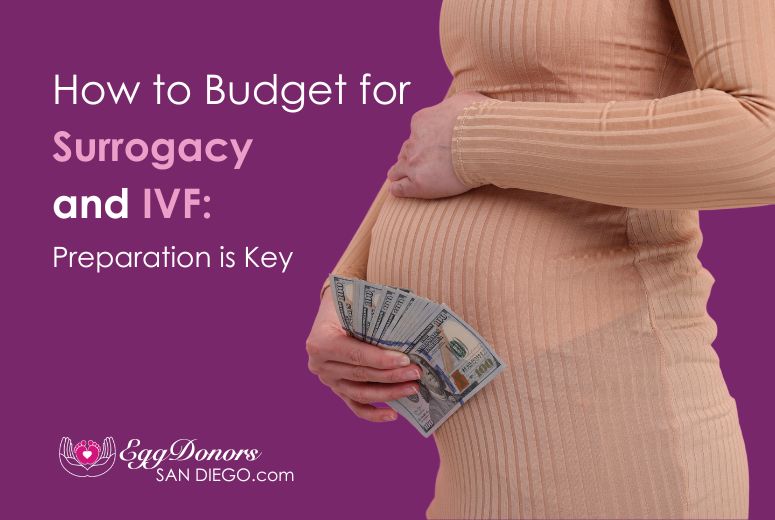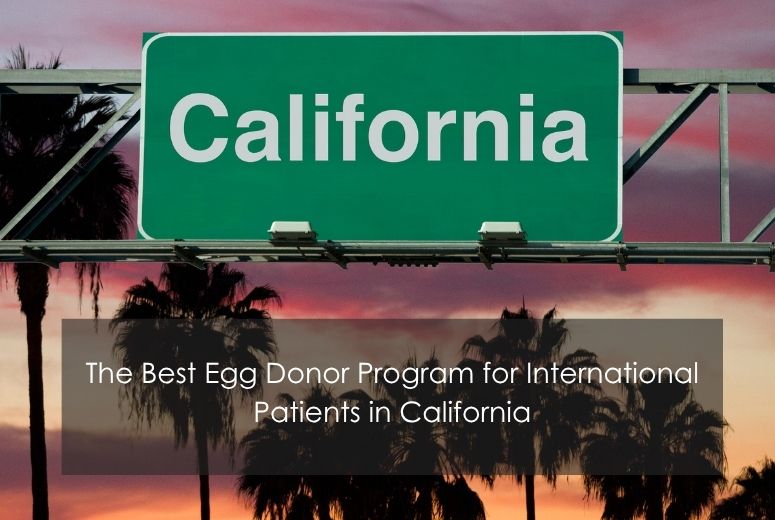Egg donation is a noble and generous act that can provide the gift of life to families struggling with infertility. In San Diego, becoming an egg donor involves a commitment not only of one’s physical health but also of one’s time. If you are considering becoming an egg donor, or if you are an intended parent curious about the process, understanding the time involved is crucial.
The Initial Application Phase
The journey begins with the initial application. Prospective donors fill out detailed questionnaires covering medical history, personal background, and psychological readiness. This phase is critical for ensuring that donors meet the health and age criteria required to proceed. Typically, this screening process can take a few weeks, during which potential donors might undergo medical examinations and interviews.Medical Screening and Preparation
Once accepted into an egg donor program in California, further screenings are necessary. These include genetic testing, infectious disease screening, and a comprehensive psychological evaluation. This thorough vetting process protects all parties involved—donors, recipients, and conceived children—and ensures that the donation process adheres to the highest medical and ethical standards.The Donation Cycle
The core of the time commitment revolves around the donation cycle itself, which usually spans about a month. During this period, donors undergo a series of hormone injections that stimulate the ovaries to produce multiple eggs. The administration of these hormones is carefully timed and monitored through frequent medical appointments.These appointments, essential for tracking the donor’s response to hormones, can occur several times a week and include blood tests and ultrasound scans. This phase demands flexibility from the donor, as appointments are often scheduled based on the body’s response to the treatment, rather than fixed dates.
Egg Retrieval Process
The culmination of the donation cycle is the egg retrieval procedure. This minor surgery is performed under sedation and takes about 15 to 20 minutes. After the retrieval, donors will need a short recovery period, typically a day or two, to ensure there are no complications such as ovarian hyperstimulation syndrome (OHSS), a rare but potential side effect of egg donation.Aftercare and Follow-up
Post-retrieval, the clinic schedules follow-up appointments to monitor the donor’s health and ensure a smooth recovery. These appointments are crucial for addressing any side effects and confirming that the donor’s menstrual cycle is returning to normal.Total Commitment
In total, from the initial application to the final follow-up, the egg donation process can span several weeks to a few months. The actual active medical phase—from the start of hormone treatments to recovery from egg retrieval—lasts about 1-2 months. Throughout this time, donors are expected to remain accessible and compliant with all medical protocols.Egg donation is a significant commitment that demands time, patience, and dedication. However, the reward of helping someone achieve their dream of parenthood makes this commitment incredibly worthwhile. If you are inspired to contribute to such a life-changing process, remember that the commitment is temporary, but the impact is lasting.
If you’re interested in becoming an egg donor: click here
If you are an intended parent and would like to review our egg donor database: click here









